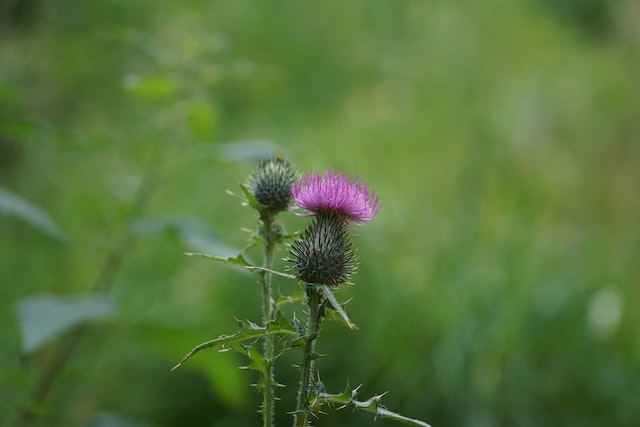Disclaimer: This Materia Medica is provided for informational purposes only and should not replace professional medical advice. Please consult with a qualified healthcare practitioner or herbalist before using any herbal remedies.
Suma (Pfaffia paniculata), also known as Brazilian Ginseng or Para Todo, is a popular medicinal plant in traditional herbal medicine. As a professional herbalist, I’ll provide an exhaustive Materia Medica for suma, covering its botanical description, traditional uses, medicinal properties, preparation methods, dosages, safety considerations, and potential interactions.
Botanical Description:
- Suma is a perennial vine native to the Amazon rainforest in Brazil, Peru, and Venezuela.
- The plant typically reaches a height of 2 to 4 meters and has compound, palmate leaves with 5 to 7 leaflets.
- Its small, inconspicuous flowers are greenish-white and borne in panicles.
- The root is the primary part used for its medicinal properties, and it is brown and gnarled in appearance.
Traditional Uses:
- Adaptogen: Suma is renowned for its adaptogenic properties, helping the body adapt to stress and maintain balance.
- Energy and Stamina: It is traditionally used to increase energy levels and improve physical endurance, making it a favored herb among athletes.
- Immune Support: Suma is believed to enhance the immune system, helping the body fight infections and illnesses.
- Hormonal Balance: It has been used traditionally to balance hormonal activity, particularly in women during menopause.
- Anti-inflammatory: Suma contains compounds with anti-inflammatory properties, aiding in the relief of inflammatory conditions.
- Aphrodisiac: Some herbalists recommend suma for its potential aphrodisiac effects, though scientific evidence is limited.
Medicinal Properties:
- Adaptogenic: Helps the body adapt to stress and maintain homeostasis.
- Immunomodulatory: Supports immune system function.
- Tonic: Acts as a general restorative and energizer.
- Anti-inflammatory: Reduces inflammation and may alleviate pain.
- Hormone Regulating: Supports hormonal balance.
- Antioxidant: Contains compounds that combat oxidative stress.
- Aphrodisiac: Potential to enhance libido and sexual function.
Preparation Methods:
- Decoction: Simmer 1-2 teaspoons of dried suma root in 1 cup of water for 15-20 minutes. Drink 1-3 cups daily.
- Tincture: Take 2-4 ml of suma tincture (1:5 ratio in 40% alcohol) 2-3 times daily.
- Powder: Consume 1-2 grams of powdered suma root daily, mixed with food or beverages.
- Capsules: Follow the manufacturer’s recommendations for suma capsules or tablets.
Dosage:
- Dosage may vary depending on the specific health condition and the form of suma used.
- Always consult with a qualified herbalist or healthcare practitioner for personalized dosage guidance.
Safety Considerations:
- Suma is generally considered safe when used in recommended doses.
- Pregnant and nursing women should consult a healthcare professional before using suma.
- Individuals with hormone-related conditions (e.g., breast cancer, prostate cancer) should use suma with caution.
- Allergic reactions are rare but possible; discontinue use if any adverse effects occur.
Potential Interactions:
- Suma may interact with medications that affect hormone levels or blood sugar. Consult a healthcare provider if you’re taking such medications.
In conclusion, suma is a versatile herb with a long history of traditional use for its adaptogenic, energy-boosting, and immune-enhancing properties. As with any herbal remedy, it’s essential to use suma under the guidance of a knowledgeable herbalist or healthcare practitioner, especially if you have underlying health conditions or are taking medications. Always prioritize safety and individualized care when incorporating suma into your wellness routine.





